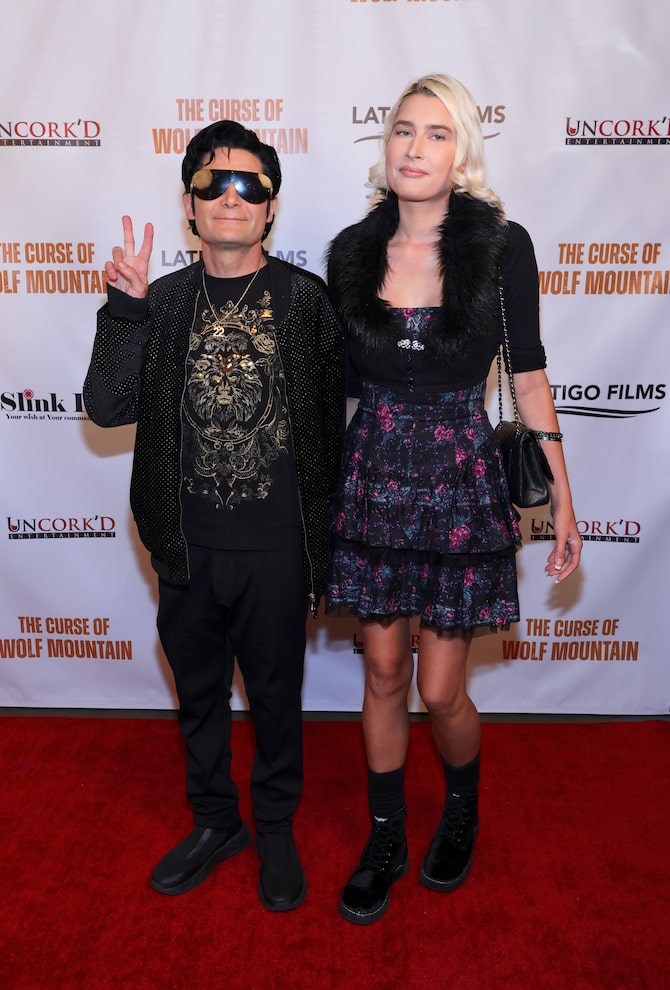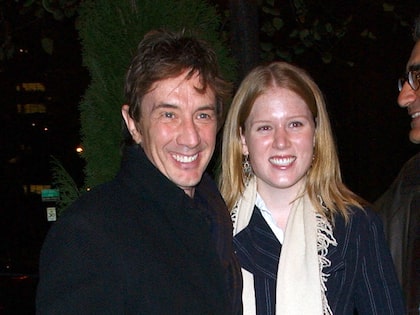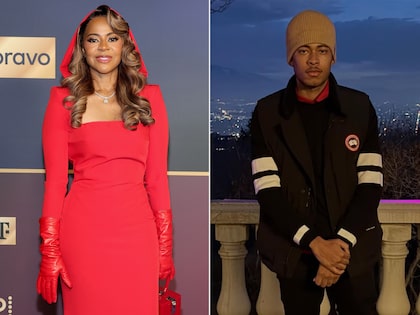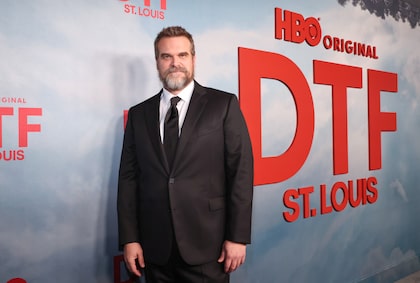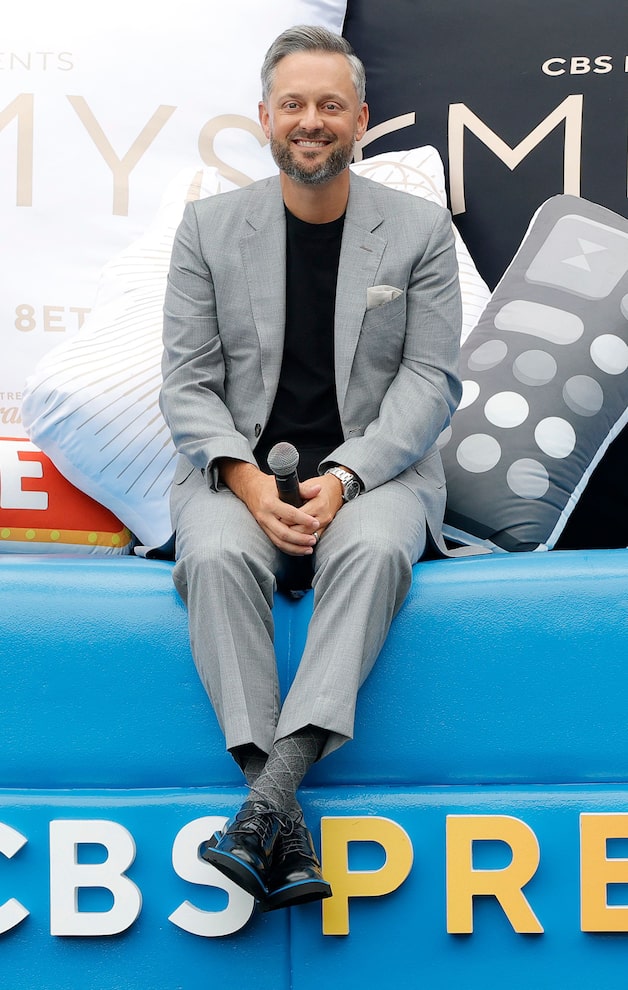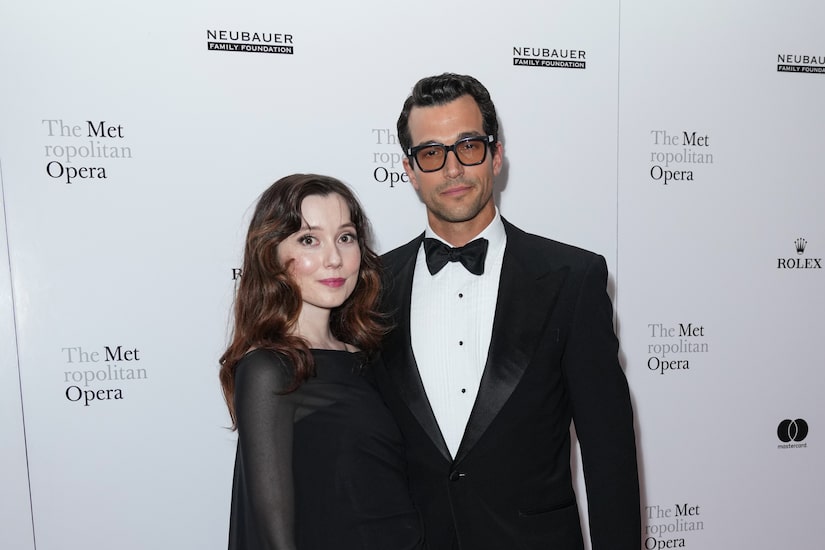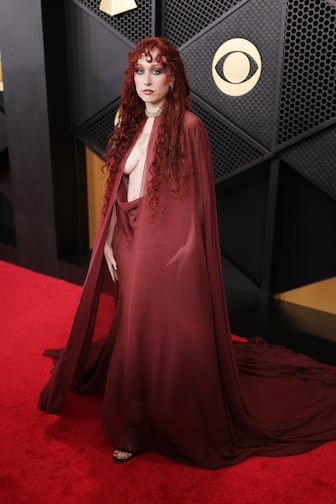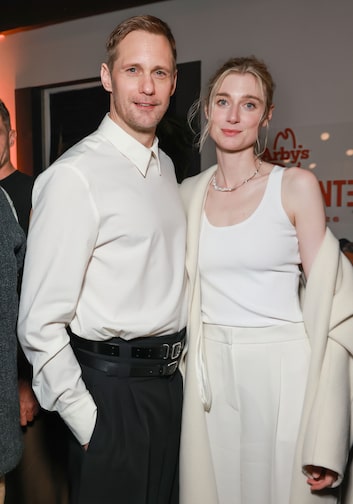Celebrity News October 14, 2023
Piper Laurie, 3-Time Oscar Nominee Remembered for Iconic 'Carrie' Role, Dies at 91

Piper Laurie, the acclaimed actress renowned for her Oscar-nominated work in "The Hustler," "Carrie," and "Children of a Lesser God," died Saturday morning in L.A. She was 91.
Rep Marion Rosenberg told THR she had not been well "for some time."
Born Rosetta Jacobs on January 22, 1932, in Detroit, she spent time in a sanitarium as a girl, where she was meant to provide company for her asthmatic sister, with whom she had had a musical-comedy act during WWII.
In 1949, she was signed to Universal Studios — the same day Rock Hudson signed his deal — for which she worked steadily, often in subpar fare like "Francis Goes to the Races" (1951), which had a better part for a talking mule, and "Son of Ali Baba" (1951), which had a better part for Tony Curtis.
After co-starring with future president Ronald Reagan in 1950's "Louisa," she dated him, revealing in her frank 2011 memoir "Living Out Loud" that she lost her virginity to the 38-year-old when she was just 17.
She also starred in the frothy musical "Ain't Misbehavin'" (1955).
Seeking better-quality and more challenging work, she broke her contract in 1956 and moved to NYC, where she appeared in the first-ever, televised production of "Days of Wine and Roses" in 1958. She wound up being romantically involved with its director, John Frankenheimer, for many years.
Once back in Hollywood, her work in 1961's "The Hustler," opposite Paul Newman, resulted in her first Oscar nomination (she lost to Sophia Loren).
In 2022, she told TCM Host Dave Karger she hated the film when she first saw it. "I was stunned at how awful it was, how awful I was... I was so disappointed... And I've seen the movie quite a few times since then, and I've changed my opinion."
She returned to NYC afterward, and focused on TV and stage work, including making her Broadway debut in the 1965 revival of Tennessee Williams' "The Glass Menagerie." Her only other trip to Broadway was in 2002's "Morning's at Seven."
Incredibly, Laurie made no films at all after her Oscar-nominated turn until "Carrie" in 1976. Playing a religion-addled, overprotective mother to a telekinetic wallflower (Sissy Spacek), she contributed one of the cinema's classic performances. "I can see your dirty pillows... everyone will!" her character tells her daughter, referring to her breasts. Worse, she predicted, "They're all gonna laugh at you!"
They did, and it did not end well for them.
Laurie later said her young daughter's friends were scared of her in the wake of the film.
This time, Laurie's Oscar hopes were dashed by Beatrice Straight, whose "Network" appearance set the dubious record of winning for the lowest amount of screen time — just over five minutes.
After the long break, Laurie rededicated herself to screen acting. Some of her other most prominent films were "Tim" (1979), a May-December romance co-starring Mel Gibson (with whom she later confessed she'd had an affair in real life); "Children of a Lesser God" (1986), for which she received her final Oscar nomination, losing to Dianne Wiest in "Bullets Over Broadway"; "Wrestling with Hemingway" (1993); "The Crossing Guard" (1995); "The Grass Harp" (1995); "The Faculty" (1998); and "White Boy Rick" (2018).
 Splash News
Splash News
She made many TV appearances, both in films/miniseries like "The Thorn Birds" (1983) and via guest spots, from early anthology series to hits like "St. Elsewhere" (1983), "Hotel" (1985), "Murder, She Wrote" (1985), "Matlock" (1986), and "Frasier" (1999).
Another of Laurie's career highlights arrived with her work on two seasons of "Twin Peaks" (1989-1991). Her character presumably died, then came back disguised as a Japanese businessman. She was Emmy-nominated twice for the show, but won her lone statuette for her work in the TV movie "Promise" (1986).
Laurie was married for 20 years to writer and film critic Joe Morgenstern. She is survived by their daughter, Anna.












